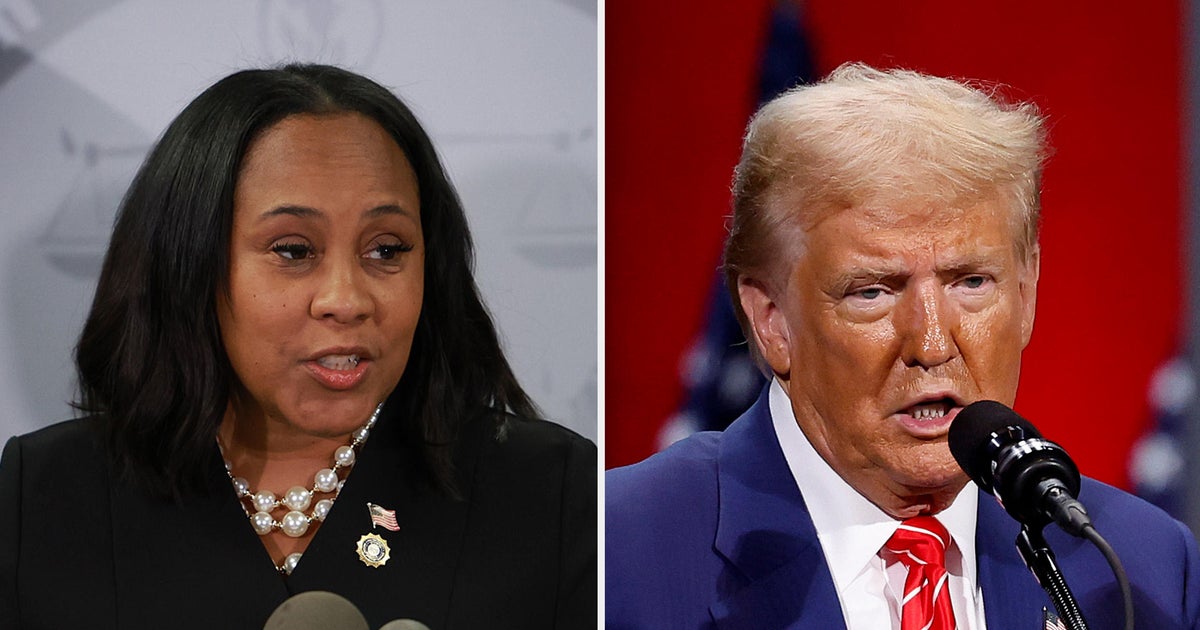After Trump intervenes in war crimes case, 3 more Navy SEALs escape accountability
The U.S. Navy cancelled review boards for three SEAL officers involved in the Edward Gallagher case, meaning they will be allowed to keep their Trident pins, which denote their elite status as a SEAL.
All three officers — Lieutenant Commander Robert Breisch, Lieutenant Jacob Portier and Lieutenant Thomas MacNeil — were directly above Gallagher in the chain of command. They were ordered to appear before review boards that could have stripped them of their Tridents for not having reported Gallagher's actions during the battle for Mosul in Iraq.
Gallagher faced nearly a dozen charges for allegedly opening fire on civilians during a deployment to Iraq, murdering a captured ISIS fighter and threatening fellow SEALs who wanted to report his actions. In July, he was acquitted of the most serious charges but convicted of posing for a photo with a corpse of the ISIS fighter.
The Navy then demoted him, but President Trump ordered Gallagher's full rank to be restored and demanded the Navy not to take away his Trident.
Had the president not intervened in that case, a Navy officer said all three officers would have gone before a review board.
"If we're not going to hold Gallagher accountable," one Navy officer said, "it makes no sense to hold them accountable."
The decision to cancel the review boards was made by the chief of naval operations, Admiral Michael Gilday, and Acting Secretary of the Navy, Thomas Modly, who was named to the job earlier this week after Navy Secretary Richard Spencer was fired by Defense Secretary Mark Esper.
Modly issued a statement Wednesday on his decision, suggesting that other appropriate administrative measures might be taken in these cases:
Given the unique circumstances of these three remaining cases, I have determined that any failures in conduct, performance, judgment, or professionalism exhibited by these officers be addressed through other administrative measures as appropriate, such as letters of instruction or performance observations on their officer fitness reports.
He also said he was confident that Navy uniformed leaders would "continue to address challenging cultural issues within the Naval Special Warfare community, instill good order and discipline, and enforce the very highest professional standards we expect from every member of that community."
Esper fired Spencer over his "lack of candor" in having secretly negotiated with the White House about a way to end the controversy over Gallagher and whether he would be allowed to keep his Trident pin.




